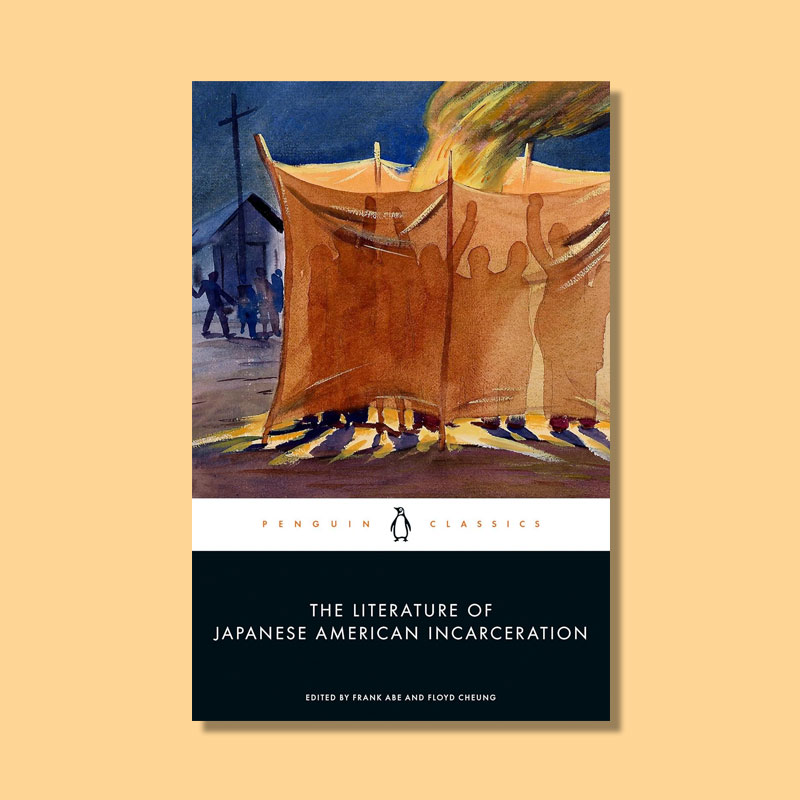What is a past participle? | | A past participle looks like a simple verb, but it's more than that. We look to classic literature to decipher examples of this grammatical concept. | |  | Rachel Gresh |
|
| |  | | T he romantic classic Pride and Prejudice opens with the sentence, "It is a truth universally acknowledged that a single man in possession of a good fortune must be in want of a wife." In this line (one of her most famous), author Jane Austen employs an often-underrated grammatical tool: the past participle. Here, "acknowledged" enhances Austen's storytelling by forming an adjective instead of a verb.
To transform the verb "acknowledge" into a past participle, all Austen needed to do was add the suffix "-ed." Now, "acknowledged" acts as an adjective, modifying the noun "truth." Other examples of past participles include "a hushed conversation" and "on borrowed time." Although these terms might look like simple past tense verbs, they're called past participles when used in this context as adjectives.
Most regular past participles are formed this way — by adding "-ed" to a verb. Irregular verbs, however, have less predictable past participles. They take on various suffixes, including "-en," "-n," "-ne," or "-t." This looks like "shaken confidence" or "a lost letter."
Past participles don't just modify nouns — they also form verb tenses. When combined with the auxiliary verb "have," they create what's called the perfect verb tense. For example, in Mr. Darcy's line, "In vain I have struggled," the past participle "struggled" works with "have" to form the present perfect tense. This tense indicates that the struggle started in the past and is still relevant to the present. More examples of this tense include: "He has graduated" and "She has left."
The same formula is used for other perfect verb tenses. For past perfect tense, use "had" instead of "have," as in, "In vain I had struggled" or "They had waited." When combined with "not," past participles form negative perfect tenses, as in Elizabeth Bennet's reflection: "I could easily forgive his pride, if he had not mortified mine." Past participles are also used in the less-common future perfect tense, which uses an additional auxiliary verb, "will" — "She will have read the letter by noon."
Finally, past participles are key in the passive voice, where the subject receives the action rather than performing it. For example, in Mr. Darcy's revelation, "I was given good principles, but left to follow them in pride and conceit," the subject "I" is the recipient of the action, not the doer. To create the passive voice, use a conjugation of the verb "be" along with a past participle, as in, "The pages of the novel were torn."
In short, past participles are an incredibly useful construction that we can find sprinkled throughout both literature and everyday speech. Whether transforming verbs into descriptive adjectives or creating clarity in complex tenses, their versatility and precision are crucial to storytelling, from grammar class to Jane Austen's novels. |
| | Continue reading | |  |
| |
| | Advertisers help keep Word Smarts free | |
Emoji Decoded | |  | | Raccoon | | | Meaning: Depicts a raccoon, recognizable by its distinctive bandit mask markings and ringed tail.
Evolution: When it was added in 2018 as part of Emoji 11.0, the Raccoon 🦝 joined other woodland creatures, including the Fox 🦊 and Squirrel 🐿️.
Usage: [Caption on a backyard wildlife photo:] Late night visitor raiding the garden again 🦝 |
|
 | | Raccoon | | | Meaning: Depicts a raccoon, recognizable by its distinctive bandit mask markings and ringed tail.
Evolution: When it was added in 2018 as part of Emoji 11.0, the Raccoon 🦝 joined other woodland creatures, including the Fox 🦊 and Squirrel 🐿️.
Usage: [Caption on a backyard wildlife photo:] Late night visitor raiding the garden again 🦝 |
|
| |
Have you read? | |  | | The Literature of Japanese American Incarceration | | By Frank Abe and Floyd Cheung, editors | | I bought this book because my late grandfather has a piece in it, but I'd recommend it even if I didn't have that personal connection. Through essays, letters, poems, short stories, and even animated comic strips — all created by Japanese Americans who were incarcerated during World War II, or whose ancestors were among those incarcerated — this anthology gives voice to a range of complicated emotions and offers unprecedented insight into the lives of the individuals and families affected by this dark period in history. | | | | Allie Takeda, Senior Managing Editor | | | | We independently evaluate all recommended products and services. If you click on links we provide, we may receive compensation. |
|
 | | The Literature of Japanese American Incarceration | | By Frank Abe and Floyd Cheung, editors | | I bought this book because my late grandfather has a piece in it, but I'd recommend it even if I didn't have that personal connection. Through essays, letters, poems, short stories, and even animated comic strips — all created by Japanese Americans who were incarcerated during World War II, or whose ancestors were among those incarcerated — this anthology gives voice to a range of complicated emotions and offers unprecedented insight into the lives of the individuals and families affected by this dark period in history. | | | | Allie Takeda, Senior Managing Editor | | | | We independently evaluate all recommended products and services. If you click on links we provide, we may receive compensation. |
|
| |
| | Advertisers help keep Word Smarts free | |
|

No comments:
Post a Comment